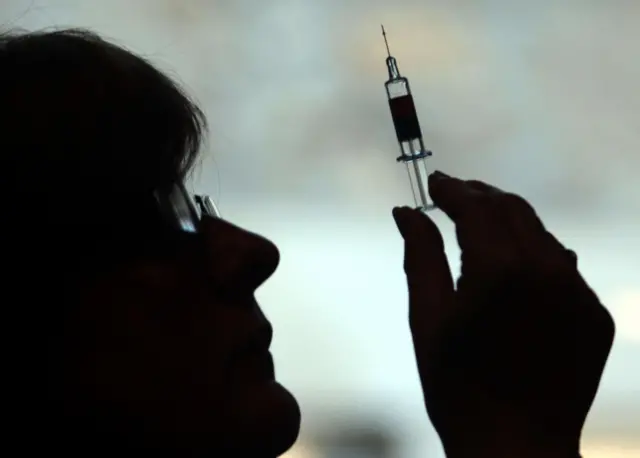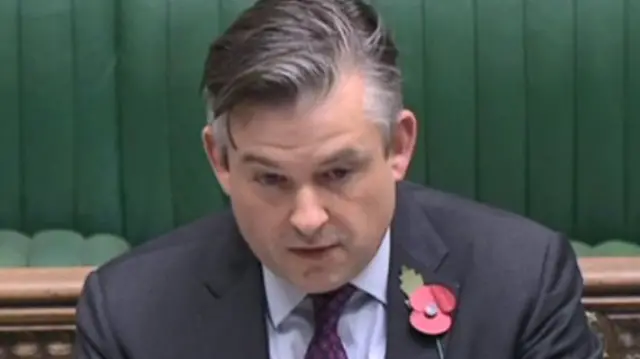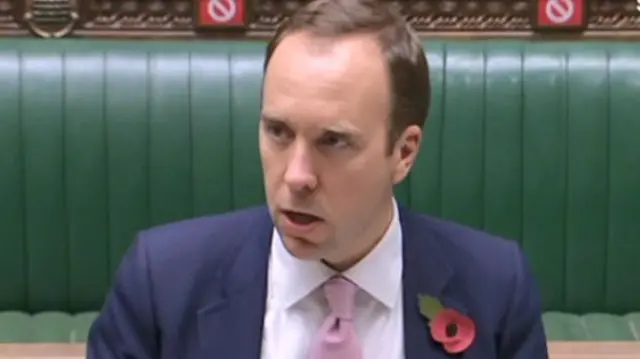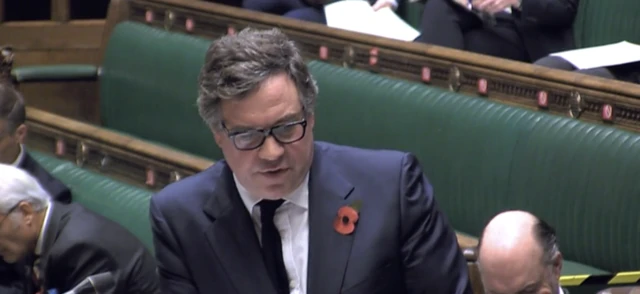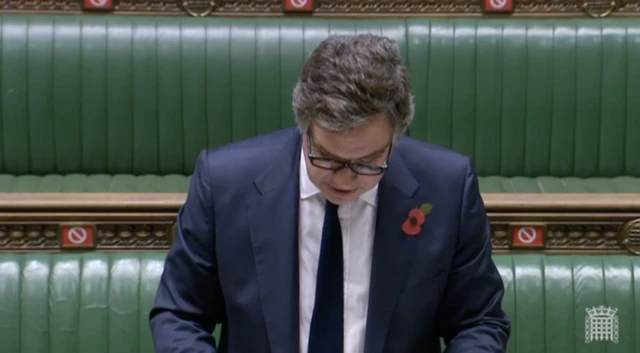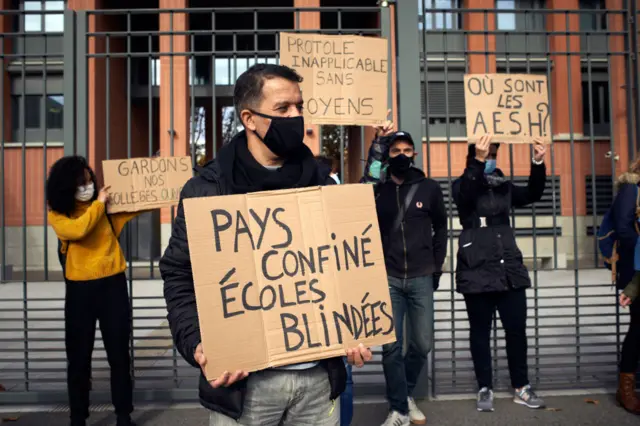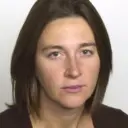Tougher Covid rules for three areas of Scotlandpublished at 14:45 GMT 10 November 2020Breaking
Three Scottish council areas are to have tougher coronavirus rules imposed amid concern over an increase in cases.
Fife, Angus, and Perth and Kinross will all be moved from level two to level three of Scotland's five-tier system.
It means pubs and restaurants in those areas will no longer be allowed to serve alcohol.
But people in Shetland, Orkney and the Western Isles will be able to meet inside their homes with one other household from Monday, said First Minister Nicola Sturgeon.
Read more on the restrictions here.
She said 1,239 patients are in hospital with a confirmed case, with 102 being treated in intensive care.
A further 39 people who tested positive have died, taking the total to 3,079 deaths in Scotland by that measure.
